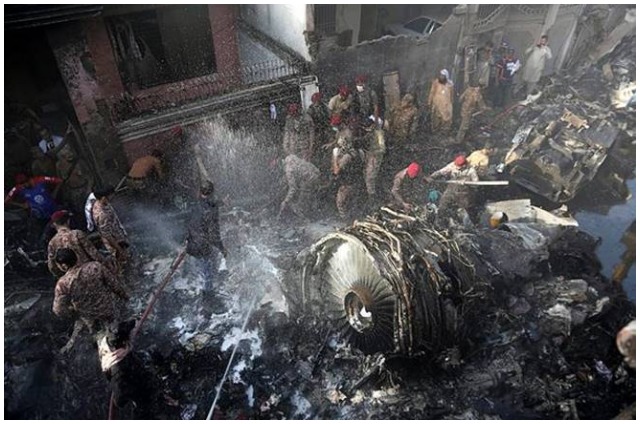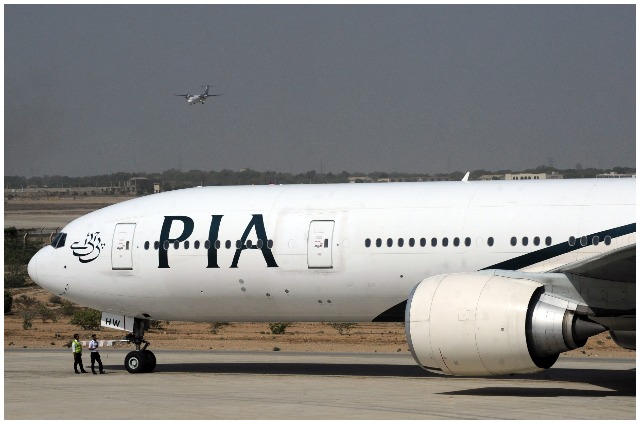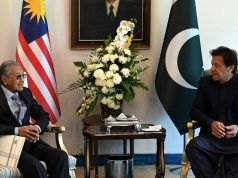

“The road ahead is not smooth. Get ready to cope with burning issues. I believe, it will not be less a challenge to restore the economy and law and order,” Sharif was quoted as saying by a member of his PML-N.
On Sunday, he vowed to deliver on all the promises he had made during the election campaign, including pledges to end crippling power cuts, set right the economy and counter corruption. “We will work day and night to stabilise Pakistan. I am grateful for the trust you people have shown on us in this election,” Nawaz said and asked his party’s stalwarts to begin formulating strategies to fight the crippling power crisis, an ailing economy and terrorism.
A close aide of Sharif who attended the meeting of party’s central executive in Lahore indicated that the next Pakistan PM was anxious to get it right this time. The aide told Mail Today that “certain party leaders” had been asked to consult religious parties to get their support to make a strong government.
Analysts believe it is the turn of right-wing parties including Nawaz’s PML-N to rule Pakistan for the next five years. “We have seen a regime of liberal parties including PPP, ANP and the MPQM. It is the turn of right wing parties to rule us now,” Zaffar Iqbal Bhuta, a political analyst said.
The Indian establishment is watching him closely. There is a silver lining to the Pakistan election results. There is a stable regime in place, one that is known to the Indian leadership. In a sense, doing business will be relatively easy. Yet, while Sharif has professed that good relations with India will be his priority, it is unlikely that his coalition government will have the political will to decisively alter the status quo in the relationship with India which has not yielded any gains for either side. India will therefore look to have a graduated approach to normalise relations with the new government.
India has another question on its mind: Can Sharif, known as the ‘lion of Punjab’ bring the 26/11 perpetrators to book? One has to bear in mind that his party ruled Punjab, which has been the hotbed of Lashkar-e-Tayyeba. Its founder Hafiz Mohammed Saeed, who is regarded by India as the mastermind of Mumbai, has become law unto himself and it is unlikely that Sharif will come in his way. Besides, many still consider Sharif as the prime minister who has the Kargil war behind him, although the principle architect of Kargil was the former dictator Pervez Musharraf.
Yet there is hope. Bilateral trade will be an area where Sharif would like to make some progress and India knows this. While in the next few days there will be enough optics from both sides, the real test would be if Sharif can actually deliver on India’s core concerns on terrorism. India will be watching if he will be allowed by the Army-ISI to dismantle the terror infrastructure and if the stalled composite dialogue process can resume with some substantive gains for both sides.
Meanwhile Imran Khan, whose party, the Pakistan Tehreek-e-Insaf (PTI) hinted on Sunday that his party will play role of the opposition in federal government while it will form the government in province of Khyber Pakhtoon Khaw. Speaking from the hospital where he is under treatment, Imran appreciated performance of his party, however alleged polls rigging as well.
“I have never been this happy in 17 years, as much as I was happy to see the youth’s passion,” Imran said in a video message that was aired on private news channels of Pakistan. He congratulated his rival Nawaz Sharif. “PML-N has emerged as the largest party. I want to congratulate it,” Pakistan Tehreek-e-Insaf party leader Asad Umar quoted Imran as saying.










